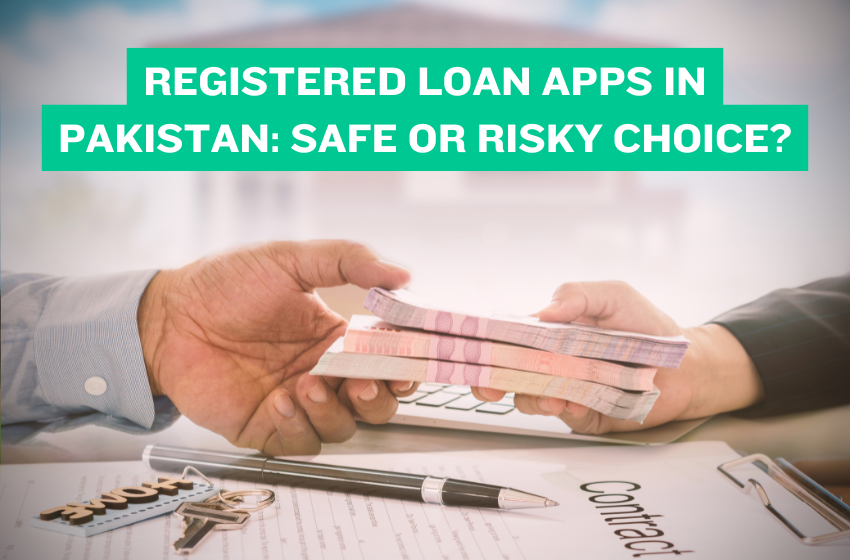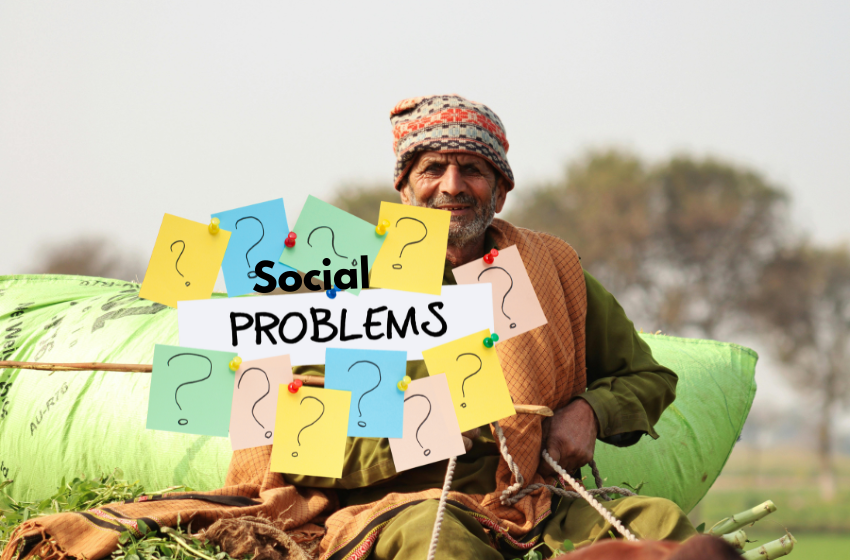
Registered Loan Apps in Pakistan: Safe or Risky Choice?
In Pakistan, after strict action against illegal loan apps, several legally registered loan apps have appeared. These apps offer small loans to citizens, especially to middle and lower-middle-class families. Many people now use these registered apps to meet their daily financial needs.
Farrukh Ahmed, a resident of Islamabad, shared her experience with one such app. She said she was once unsure and cautious because she feared online fraud. But when she urgently needed Rs 50,000, she decided to try a registered loan app. She received the loan and repaid it within a month without any issues.
Farrukh explained that the app charged the profit rate as mentioned, and the repayment process was simple and transparent. She added that the app did not ask for unnecessary personal data and followed all terms honestly.
Experts advise people to borrow only from apps registered under the Securities and Exchange Commission of Pakistan (SECP). This ensures protection from data theft, misuse, or blackmail.
Read Also: Pakistan Successfully Repaid $500 Million Eurobond
SECP has registered dozens of digital apps after they met compliance rules. So far, 14 nano-lending apps have official approval to offer small loans. Nine other financial apps also have licenses for lending.
A company must first obtain a license as a Non-Banking Financial Company (NBFC) to become registered. Then, it must submit its digital lending app for SECP approval, including data privacy, loan terms, and user protection details. Once approved, the app can appear on Google Play or Apple Store as “SECP Certified Loan App.”
Registered apps usually offer loans between Rs 2,000 and Rs 50,000, depending on the app’s policy. SECP can immediately ban any app that violates its rules or harasses users.
One such app, Daira, launched by Finja’s fintech company FinLeap (part of global FinVolution Group), has gained rapid growth. According to Daira’s CEO, Sheikh Omar Naseem, the app started its loan program in October 2024. Within a year, it registered over one million users and issued small loans worth more than one billion rupees to over 200,000 people.
Most of Daira’s users include daily wage workers, small shopkeepers, and first-time borrowers. The CEO stated that Daira strictly follows SECP regulations and does not store personal banking or gallery data. He added that the company never forces users to take loans; instead, it promotes awareness through online and social media campaigns.
Read Also: Power Sector Circular Debt Deal: Rs 1,225 Billion Resolved
He also mentioned that Pakistan’s digital finance sector is growing fast in Asia. More women are now using such apps, and loan demand is rising steadily. Daira’s licensed model ensures transparency and responsible lending.
According to SECP’s Circular 12 of 2024, the daily profit rate for nano loans is fixed at 0.75%, which equals an annual rate of 274% (APR). Apps cannot change this rate or their interface without SECP’s approval.
Financial expert Dr. Ikram-ul-Haq explained that loan activities in Pakistan are licensed businesses operating under strict legal frameworks. State Bank licenses traditional banks, while SECP licenses small loan or microfinance apps.
He advised people to always use registered loan apps in Pakistan to avoid data theft, blackmail, or scams. Dr. Ikram also called this trend a positive development, showing that small-scale lending is now properly regulated.
Registered loan apps in Pakistan have made borrowing easy and accessible. However, users should always verify SECP registration before using any app to stay safe from fraud and data misuse.









